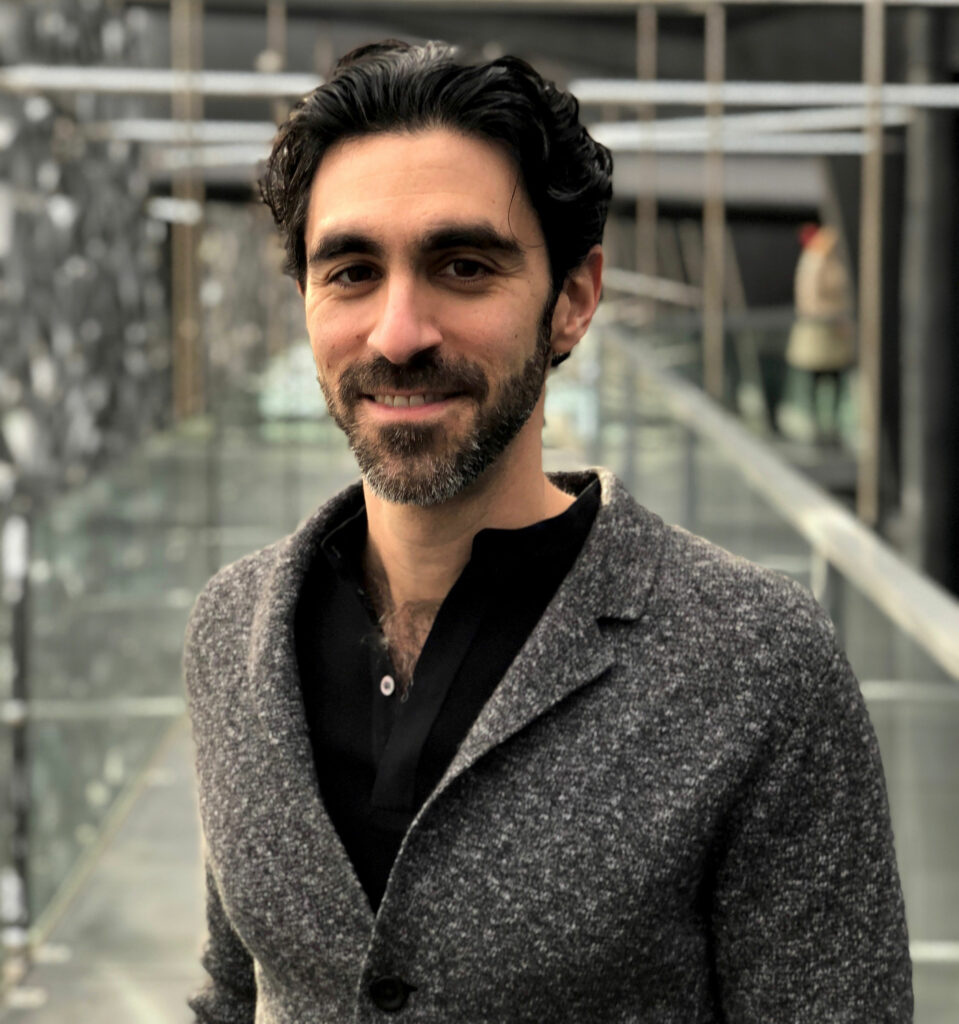I’m an associate professor and Blue Cross of California Distinguished Professor at the Berkeley School of Public Health, and helped set up the Computational Precision Health program, joint between Berkeley and UCSF.
My research and teaching focus on the intersection of machine learning and health.
I’m interested in how machine learning can help doctors make better decisions (like whom to test for heart attack), and help researchers make new discoveries by ‘seeing’ the world the way algorithms do (like finding new causes of pain that doctors miss, or linking personalized body temperature to health outcomes).
I’m generally optimistic about machine learning, but my work has also shown where it can go wrong, for example how widely-used algorithms affecting millions of patients automate and scale up racial bias. That work has impacted how many organizations build and use algorithms, how lawmakers and regulators hold AI accountable, and brought me to testify before the Senate Finance Committee.
I co-founded Nightingale Open Science, a non-profit that makes massive new medical imaging datasets available for research (described in Nature Medicine, and media coverage in the FT, Wired, and Stat). I also co-founded Dandelion, a venture-backed startup that aims to jump-start AI innovation in health.
I’m a Chan Zuckerberg Biohub Investigator, and a Research Associate at the National Bureau of Economic Research. I was named one of the 100 most influential people in AI by TIME Magazine, and an Emerging Leader by the the National Academy of Medicine. Before Berkeley, I was an Assistant Professor at Harvard Medical School. I trained in emergency medicine, and am working on something new that will combine my clinical practice with my research.
A short CV is here. Bios of various lengths, talk abstracts, disclosures, and high resolution picture are here.
Contact: zobermeyer at berkeley edu* | Twitter: @oziadias
*I’m so sorry if I don’t respond to an email—please don’t hesitate to resend it. I struggle to stay on top of my inbox, and often fail.
